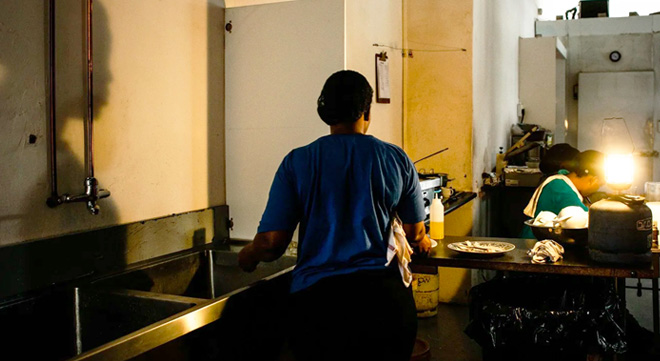Consumer research consultancy WhyFive this week published the results of the first extensive survey of how middle-income South Africans are being affected by blackouts and how they are responding or plan to respond.
The BrandMapp-Silverstone survey was conducted online, and participants were invited via email or SMS. The only incentive to participate was to win a lucky-draw prize. The survey had a raw sample of 1 496 respondents.
Respondents living in households earning less than R10 000 a month were eliminated, making the results representative of the mid-market and online population only, which is estimated to be 13 million adults in the top 30% of households by income.
In response to the question how load shedding has affected them personally:
- 82% of respondents said blackouts make them feel despondent about the future of the country;
- 70% said blackouts have increased their costs;
- 65% said their personal safety is compromised;
- 63% said their road safety is compromised;
- 29% said they have lost income; and
- 28% said they have lost work opportunities.
Who or what is to blame?
Respondents were asked to select up to eight options of what they believed was the main problem at Eskom. The most-selected response – 92% – was corruption and criminality. This was followed by:
- Government incompetence (82%);
- Cadre deployment of people without the necessary skills (63%);
- Lack of political will to solve the problem (61%);
- Inappropriate energy production policies (53%);
- The people on Eskom’s board (46%);
- The people on Eskom’s executive team (38%); and
- The minister of energy (38%).
Brandmapp highlighted that the field work for the survey was completed on 17 February which was four days before the former Eskom chief executive André de Ruyter gave his interview to eCNA detailing how dire the situation is at the state-owned company.
Rethinking voting ANC
The survey found that 62% of respondents have “seriously considered” not voting for the ANC in 2024 as a result of load shedding. This finding was similar across household income groups. It was highest among households with an income of between R20 000 and R40 000 (66%) and lowest among households earning more than R40 000 (56%).
It was also similar when categorised by race (black: 61%; white: 64%) and age group, with 66% of those 35 to 55 saying they were seriously considering not voting for the ANC, compared with 64% of those under 35 and 56% of those aged over 55.
Other responses to load shedding that scored more than 30% were getting completely off the grid (48%), emigrating (44%), and getting partially off the grid (31%).
Will it ever end?
Half of those surveyed believe that load shedding will never end, with 18% forecasting it will take five years, 16% saying 10 years, and 9% putting it at 20 years. Only 6% and 2% believe the problem will be resolved in two years and one year, respectively.
Women (57%), under households with a monthly income of less than R20 000 households (58%) and those under 35 (57%) are even more likely to think that blackouts will never end.
Making a plan
A section of the survey devoted to what people are doing to cope with blackouts found that the vast majority of lower-income households have not been able to spend more than R5 000 solving the problem, whereas 20% of households who have been able to spend more than R30 000.
Asked what they are planning to do in the next 12 months to deal with blackouts, 39% of respondents said they will instal an inverter and solar panels. This finding was highest among households with an income of more than R40 000 (47%).
Other planned responses that scored 20% or more were: portable inverters (26%), fixed inverter and batteries (22%), converting to gas (20%), and UPS back-ups (20%).
Click here to download the full SA Blackout Report.




